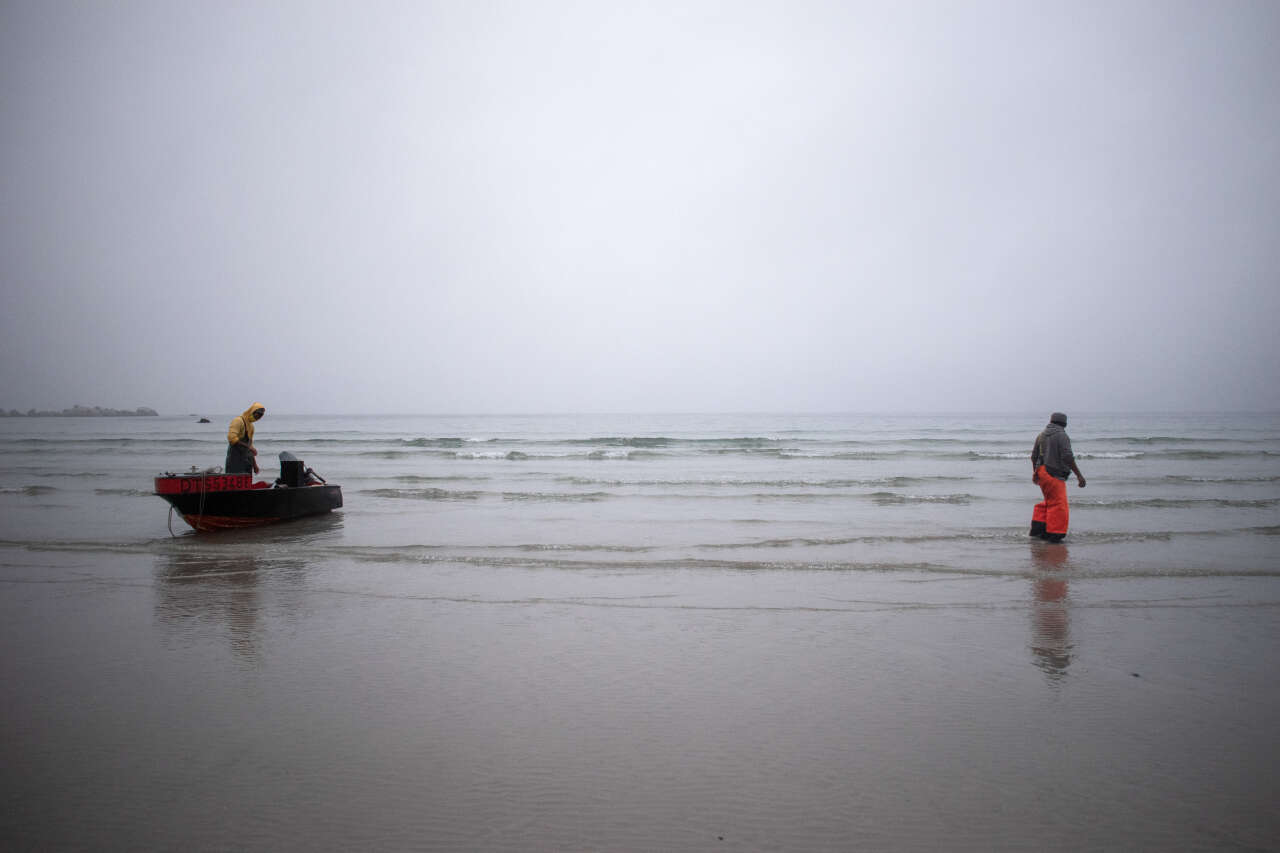The Abalobi platform allows 1,600 South African artisanal fishermen to sell their catches directly to restaurants and private homes. Its apps allow them to regain a form of fairness in access to resources, explains “The Guardian”.
Wilfred Poggenpoel, 59, is a fisherman in Lambert’s Bay, a charming seaside town popular with surfers some 270 kilometers north of Cape Town, which is home to 17,000 breeding pairs of Cape boobies [a species of seabird]. Five years ago, he decided to join the Abalobi virtual marketplace, which allows fishermen like him to sell their catches directly to restaurants, fishmongers and consumers using a dedicated app.
“I get a better price and I can sell more species,” he explains. I bought myself a 60 horsepower engine that I could never have afforded. I even bought a second boat.” Abalobi allows him, he says, to avoid spending his days in town trying to sell his fish.
“My quality of life has improved. I was even able to devote part of my free time to my community to help elderly people.”
Abalobi (meaning fisherman in Xhosa, one of the official languages in South Africa) is a technology non-profit that works to support South African small-scale fishermen. While they form the bulk of the national fishing industry, they are most often excluded from it financially.
Three apps are at the heart of the platform. On Abalobi Fisher, which Wilfred Poggenpoel uses, fishermen enter details of their daily catches into a database. The Marketplace app then informs restaurants, hotels and individuals of available stocks and allows them to purchase fresh, fully traceable, line-caught fish directly from interested parties. The Monitor app uses data provided by fishermen and allows scientists to better manage fishing areas and fish populations.
Source: Courrier international




